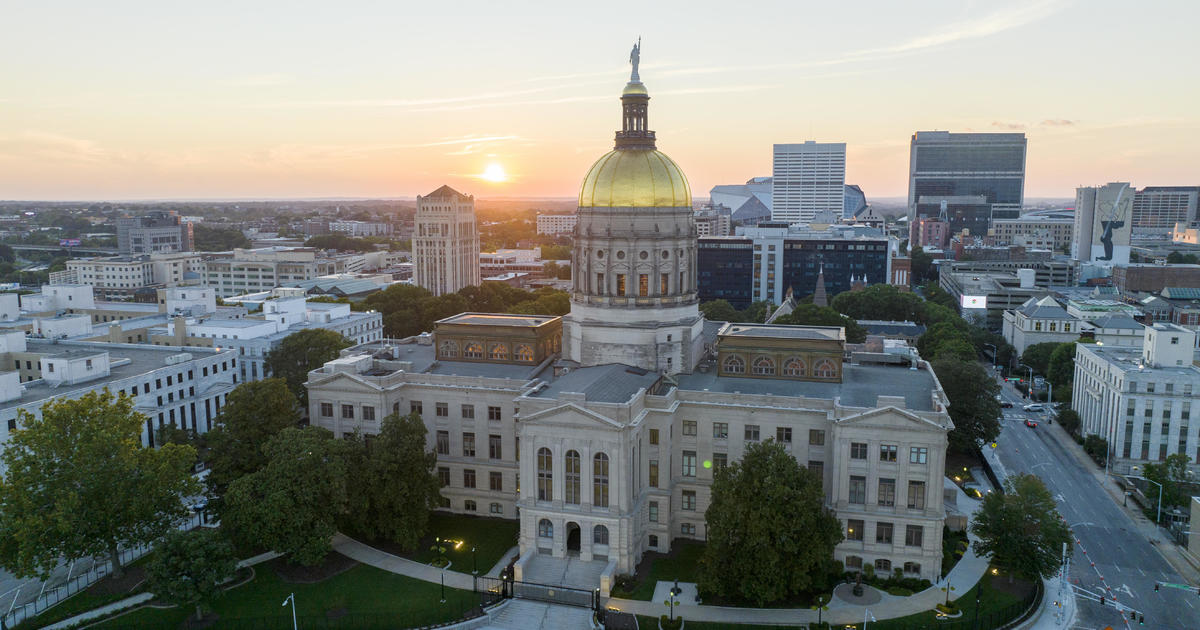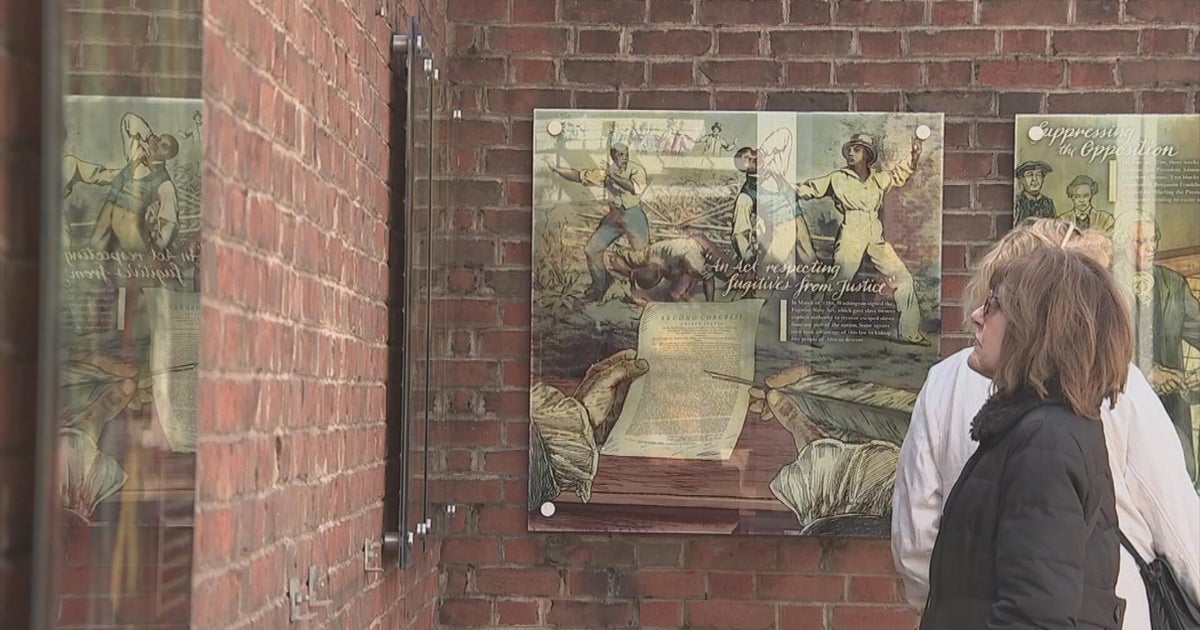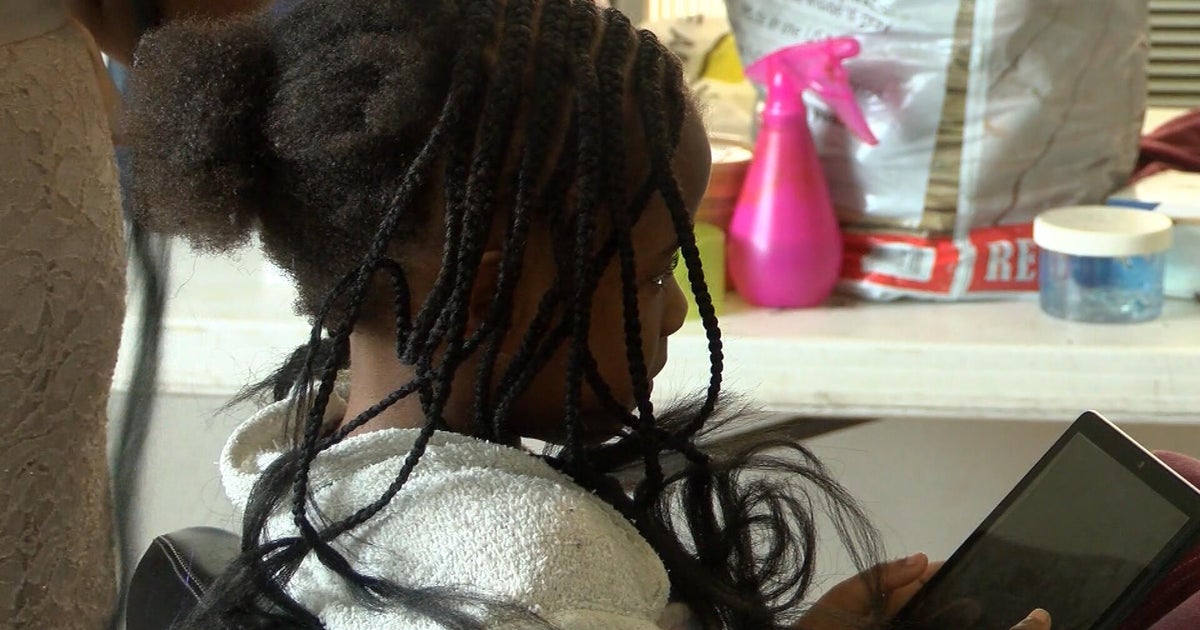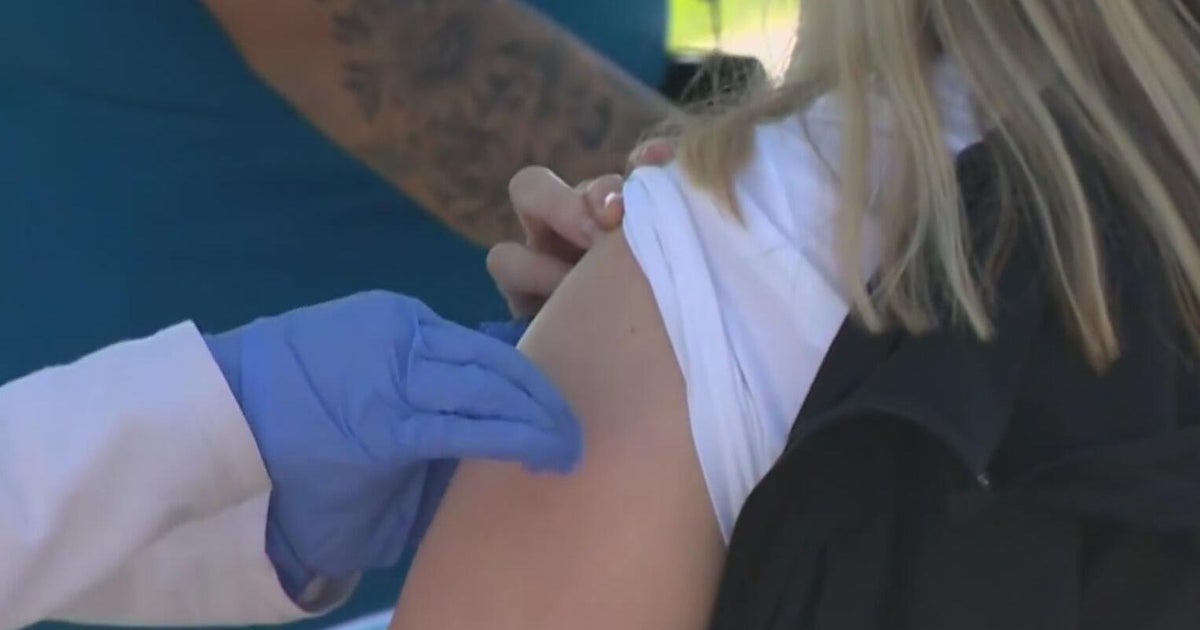Bi-Partisan Push To Bring Movie Making To MN
MINNEAPOLIS (WCCO) -- A bi-partisan group of lawmakers want your tax dollars used to fund major Hollywood movies. That may sound far-fetched but lawmakers say it's a logical use of money from the state Legacy Fund that could create jobs.
Voters approved the Legacy Fund in 2008. It takes a small percentage of Minnesota's sales tax and sets it aside for the environment, clean water and arts projects.
Now a bi-partisan group of lawmakers is joining movie industry insiders who want to see some of the arts portion of the Legacy Fund to go to movies shot here.
Last year the Legacy Fund took in $250 million -- $52 million of that went to Minnesota arts projects.
The proposal would take some of that $52 million and put it into movies made in Minnesota.
"This is about jobs in Minnesota," said Rep. Dean Urdahl, R-Grove City.
Urdahl said Minnesota's dying film industry needs a boost.
"In 1995, 5,000 workers and 750 full-time vendors were involved in the film industry in Minnesota," he said. "We now have 300 to 500 workers and about 20 vendors."
At a news conference and later at a hearing,
Urdahl and film industry representatives said that movies also create non-industry jobs for everyone from carpenters to caterers.
DFL Rep. Phylis Khan said she would like to see up to $30 million in Legacy grants go to Minnesota-made movies every two years. Filmakers say they shoot where they can get funding.
"Canada is currently a huge draw with currently a $375 million fund to pull things over the border," said Robert Schwartz, a movie producer.
There is evidence Minnesota has lost out -- even movies like "Contagion" and "Juno" that are set in Minnesota were shot in other states, in part, because filmmakers got tax breaks and other deals.
"It's a program that is designed to invest in films, bring them here so that they work here and that money that is invested truly gets spent here," Schwartz said.
Supporters also say if a movie does well, the state of Minnesota would share in profits because the state would be a part owner of the film. If the film bombs, backers say those jobs still would have been created.
Right now, this is just a proposal and a lot of lawmakers here have questions.







